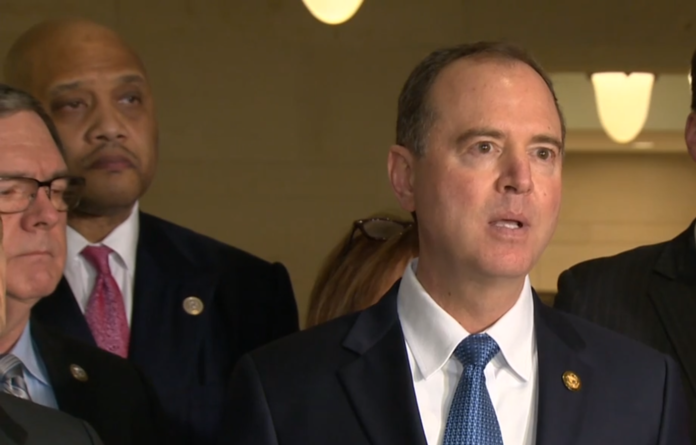The political realm in the United States is at a crossroads as Republicans vote to release a four-page Memo which implies that the Justice Department and the Federal Bureau of Investigations colluded to wrongly use surveillance in the Russia investigation.
The Republicans on the House Intelligence committee, other Republicans in Congress and the President purport that the four-page document shows the unprofessional use of surveillance by the FBI and Justice Department with the aim of conspiring against the President.
Memo to Release Four Page Document
Devin Nunes, Chair of the House Intelligence committee and also a Republican, authored the Memo. He is a close Trump ally and even a fierce critic of the Justice Department and the FBI. The Probe on Russia’s meddling in America’s election in 2016 is being led by Special counsel, Robert Mueller.
Republicans insinuate that the four-page document, once declassified, will reveal severe abuses of government surveillance machinery used in the Russia probe. Democrats disagree and referred to the move as a selectively edited group of Republicans whose objective is to shift focus or distract the central committee from its main investigations into Russia’s meddling.
The move is unparalleled, as the core function of the committee is to classify information aimed at protecting intelligence sources and techniques. The committee this time, contrary to their mandate, voted to declassify the memo on a purported claim. The vote memo was delivered to the White House by courier. Trump has five days to object to its release by the House Intelligence committee. White House told reporters today that Trump is yet to meet with his National Security advisors and the White House counsel to deliberate on the memo.
Repercussions to Memo’s Release
The four-page document is classified. The objective of classification is to veil information that would otherwise pose a national security threat. Despite the risk, Republicans declared that they were confident that the release would not harm national security. They added that they would not release underlying information that led to suspicions about the four-page memo.
Rep. Adam Schiff of California, the ranking Democrat on the committee, averted the Republicans line of thought by alleging that this time, the Republican contingent of the House Intelligence committee has crossed a deeply regrettable line. He interpreted that the committee’s position put their political and president’s interests above those of national interests.




